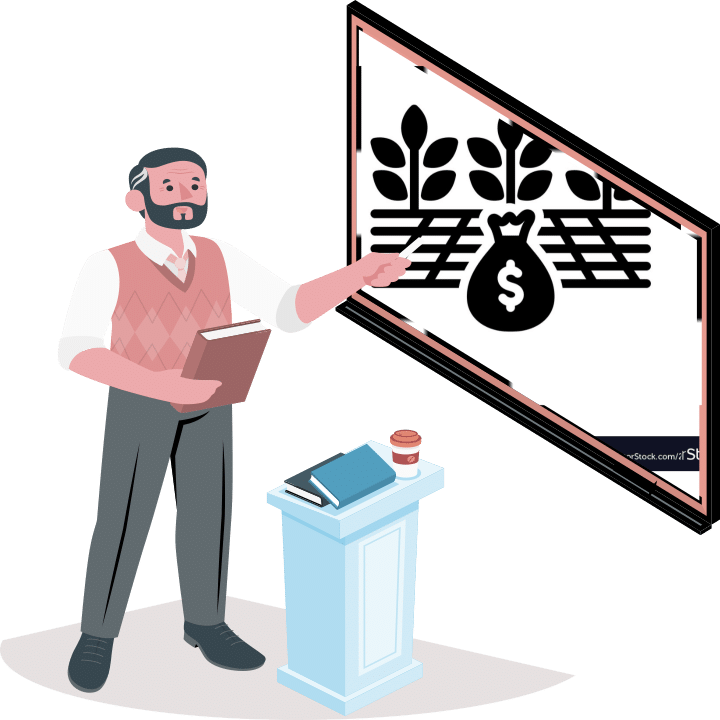In a business contract known as a “transfer of risk,” one party pays the other to assume liability for preventing certain damages that may or may not happen. This is the fundamental principle of the insurance sector.
Risks may be transmitted between people, from people to insurance providers, or from providers of insurance to reinsurers. By purchasing property insurance, homeowners are paying an insurance provider to take on several specific risks that come with homeownership.
Every year, insurance companies get premium payments from tens of thousands or millions of clients. This creates a fund of money that can be used to pay for the expenses of a small fraction of its customers’ properties being damaged or destroyed. The premiums also supply the company’s revenues and pay for operating and administrative costs. The same principles govern life insurance. Actuarial data and other information are used by insurers to forecast the volume of death claims they can expect to pay out annually. The corporation sets its premiums at a level that will be higher than those death benefits because this number is so small.
Reinsurance businesses take on the extra risk when insurance companies don’t want to take on too much.
